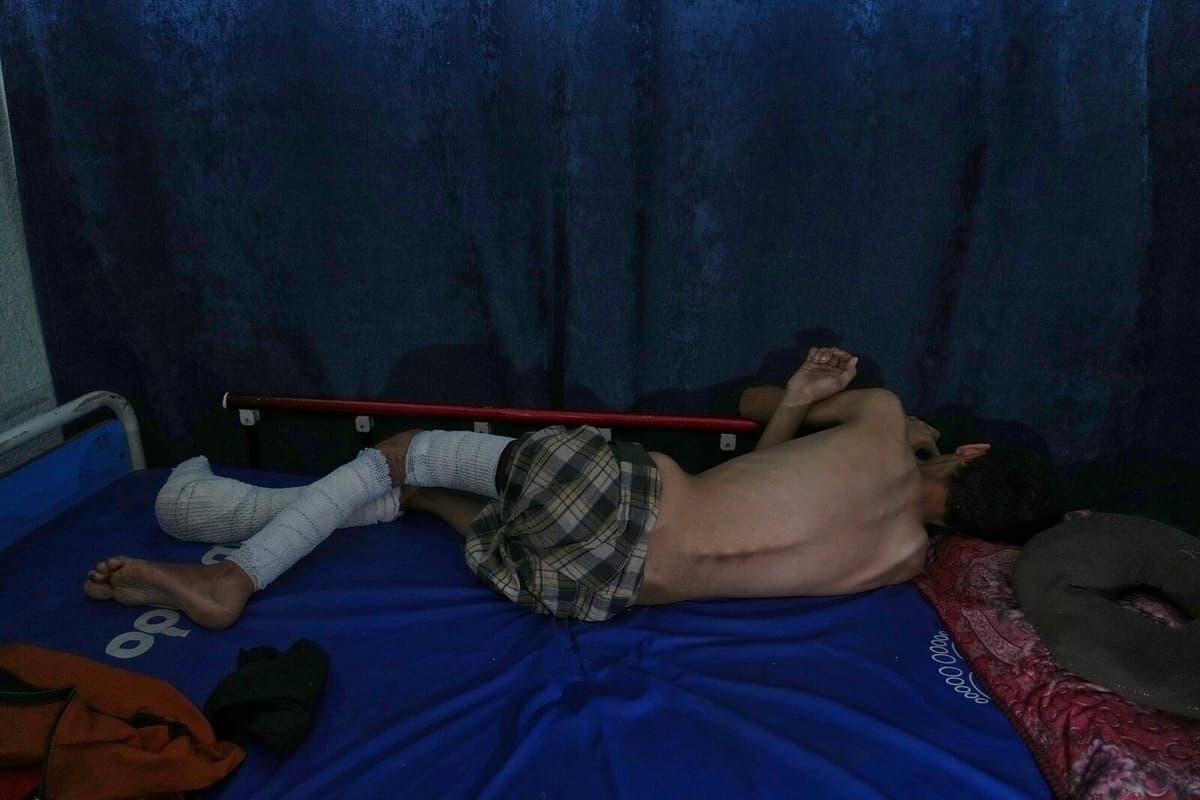Famine prevails in and around Gaza City, notes the UN-supported IPC. About 641,000 people are affected by the catastrophic conditions, which IPC describes as entirely caused by humans.
Emergency measures are required, the report states, even if such measures would come too late for many.
"And nothing happens"
Johan von Schreeb, professor of global disaster medicine at the Karolinska Institute, describes the report as "as close to the truth as we get".
Every time reports have come, we have said that we must do something acute. And nothing happens. And then the situation is moved another step. We get more and more who are extremely vulnerable, and gradually more and more will die, he says.
Israel's total blockade of supplies to Gaza in March and April, followed by critically low quantities being let in until July, has, together with the fact that local food production has collapsed during the war, led to the extreme food shortage. Even though more food has come in in August, IPC describes it as insufficient to compensate for the long-term deficits.
Some aid has been distributed through the American-Israeli Gaza Humanitarian Foundation, whose heavily criticized distributions at four isolated outposts in Gaza have often led to many deaths and reports of indiscriminate Israeli gunfire.
It feels like it's a strategy from Israel, that they want it to be arbitrary, that people will start fighting over food. There are no signs that they are doing this to help reduce famine, says Johan von Schreeb and describes it as a "power game".
Does not address the underlying problem
Even the deliveries of emergency aid from the air, which several countries have contributed to, are condemned as degrading and insufficient.
Johan von Schreeb thinks that the outside world, including the Swedish government, needs to "raise its voice much" and take other resources into use to demand that Israel stop attacking Gaza and let in more food and supplies.
There is much talk about increasing humanitarian aid, and we increase the amount of money. But no aid is getting in. Then there is a risk that one starts investing in these sham maneuvers that cost a lot of money, but which do not address the underlying problem.
Corrected: In an earlier version of the text, incorrect information appeared in the image caption.






